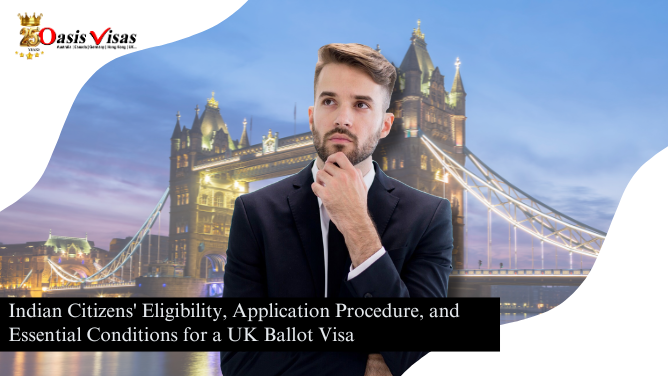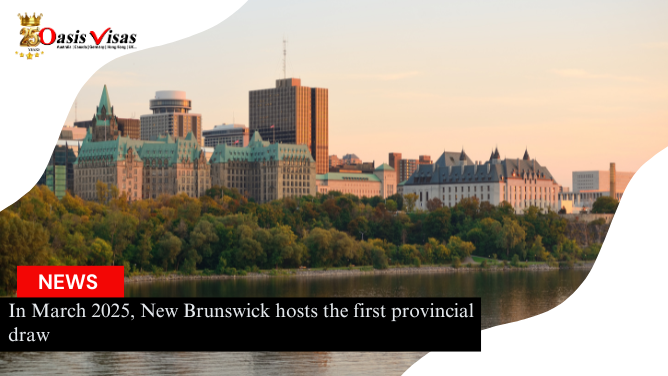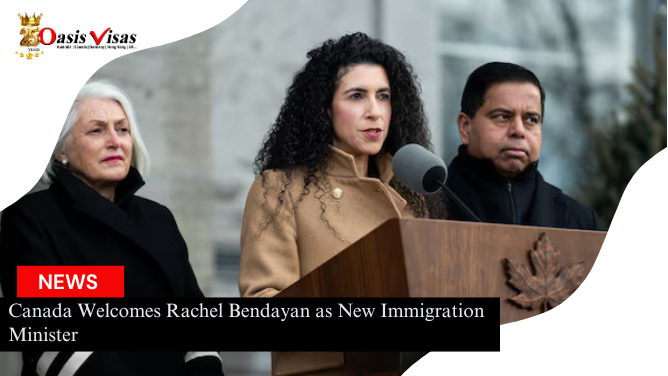
For Navigating Intellectual Property Law in Canada, It is essential for business owners to comprehend all aspects of Canadian Intellectual Property Legislation.
The term “intellectual property” (IP) refers to the legal rights that protect mental creations such as inventions, scholarly and artistic works, symbols, names, and designs that are used in commerce. To protect your original concepts and works of art, you must understand these laws.
It is important for entrepreneurs who are looking for Immigration to Canada from India.
In Canada, intellectual property rules are intended to promote the creation and defense of novel concepts while also promoting free trade and economic expansion. The copyright, trademark, patent, and industrial design are the four primary categories of intellectual property rights in Canada. Each category offers a unique level of protection and has its own registration requirements.
According to the website of the Canadian government, it is critical to employ intellectual property wisely to manage a firm, and protecting these assets can provide companies with a competitive edge in the market. Applying for a patent, trademark, or copyright registration in Canada is one way to safeguard your intellectual property.
Copyright
Copyright is a form of protection that grants exclusive rights to the creators of original literary, artistic, dramatic, and musical works. This includes written works, photographs, paintings, sculptures, films, and software. Copyright protection arises automatically upon creation, and it lasts for the life of the creator plus an additional 70 years.
Copyright law in Canada provides creators with exclusive rights to their original works, allowing them to control how their creations are used, reproduced, and distributed. It is important to understand the scope and limitations of copyright protection to ensure your work is adequately protected.
Under Canadian copyright law, copyright protection arises automatically upon the creation of a work. This means that as soon as you create an original work, such as a book, song, or photograph, you are granted the exclusive right to reproduce, perform, publish, and communicate the work to the public.
While enrollment isn’t required for copyright protection, it’s largely recommended to register your works with the Canadian Intellectual Property Office(CIPO). Registering provides evidence of ownership and makes it easier to enforce your rights in case of infringement.
It is important to note that copyright protection does have limitations. For example, fair dealing provisions allow for the use of copyrighted works for purposes such as research, private study, criticism, review, or news reporting. However, the use must be fair and not infringe on the rights of the copyright holder.
Trademarks
Trademarks are distinctive signs, symbols, or logos that are used to identify and set one business’s products and services apart from those of other businesses. The Canadian Intellectual Property Office (CIPO) grants exclusive rights to use a mark in Canada for up to 10 years, renewable indefinitely, upon registration of the mark.
Types of Trademarks:
- Ordinary Trademark: includes words, designs, tastes, textures, moving images, modes of packaging, holograms, sounds, scents, three- dimensional shapes, colors, or a combination of these used to distinguish the goods or services of one person or association from those of others.
- Certification mark: can be licensed to numerous individuals or businesses to demonstrate that specific products or services satisfy a predetermined standard.
To make sure your selected mark is not already registered or confusingly similar to another trademark, it is crucial to conduct a trademark search. A key initial move in safeguarding your brand identity and preventing competitors from adopting confusingly similar marks is to register your trademark. The administration of trademarks in Canada is the responsibility of the Canadian Intellectual Property Office (CIPO).
To make sure your selected mark is not already registered or confusingly similar to another brand, you must conduct a thorough search before filing a trademark. Future disputes and legal problems can be avoided by doing this.
A trademark registration application and the required fees must be submitted to CIPO to register a trademark in Canada. A description of the products or services linked to the mark, as well as a visual depiction of the mark, should be included in the application.
Once your trademark is registered, you will have exclusive rights to use the mark in Canada for the specified goods or services. Trademarks are typically registered for 10 years, with the option to renew indefinitely.
Patents
Patents protect new inventions or processes that provide a new and useful solution to a technical problem. They grant the patent holder exclusive rights to produce, use, and sell the invention for a limited period, typically 20 years from the filing date. The patent application process is complex and requires a detailed description of the invention, including its novelty and inventiveness.
A patent protects new inventions or processes that offer a new and useful solution to a technical problem. To obtain a patent in Canada, you must file a patent application with the Canadian Intellectual Property Office (CIPO).
The application process can be complex and requires a detailed description of the invention, including its novelty and inventiveness. It is important to note that not all inventions or designs are eligible for patent or industrial design protection. It is recommended to consult with a patent agent or intellectual property lawyer to determine the best course of action for protecting your specific innovation.
Navigating intellectual property law in Canada as an entrepreneur
Navigating intellectual property law in Canada can be a complex task for entrepreneurs. However, by understanding the basics and seeking professional advice when needed, you can effectively protect your innovations and creations.
Here are some key tips for entrepreneurs navigating intellectual property law in Canada:
Educate yourself: Familiarize yourself with the different types of intellectual property rights and their requirements for protection.
Seek professional advice: Consult with an intellectual property lawyer or patent agent to ensure your innovations are adequately protected and that you are complying with all legal requirements.
Conduct thorough searches: Before investing time and resources into a new invention or brand, conduct comprehensive searches to ensure there are no existing patents, trademarks, or copyrights that may pose obstacles.
Register your intellectual property: Whenever possible, register your trademarks, patents, and industrial designs to establish legal ownership and exclusivity.
Implement confidentiality measures: Protect your trade secrets and confidential information by implementing appropriate measures such as NDAs and restricted access.
Enforce your rights: If your intellectual property rights are infringed, take swift action to enforce your rights and seek appropriate remedies.
By following these tips and staying informed about intellectual property law, you can navigate the legal landscape with confidence and protect the value of your innovations and creations. Contact with professional experts and advisor Oasis Visas.
Getting a business visa for Canada
Numerous immigration alternatives are available to immigrant entrepreneurs who want to move to Canada to start and develop a new business concept.
The Federal StartUp Visa Programs assists immigrant business owners in expanding their enterprises in Canada. Successful applicants are connected with Canadian private sector organizations where they can obtain funding, knowledge, and advice for beginning and running their businesses. Canada seeks entrepreneurs with the ability to establish creative businesses that can fill employment gaps in the domestic labor market and compete globally.
A variety of entrepreneur categories are available through the Provincial Nominee Programs (PNP) in Canadian provinces. Immigrant entrepreneurs can locate in a certain province using these criteria.
For personalized advice on protecting your intellectual property in Canada, Consult with Us today to schedule a consultation with our experienced intellectual property lawyers.











